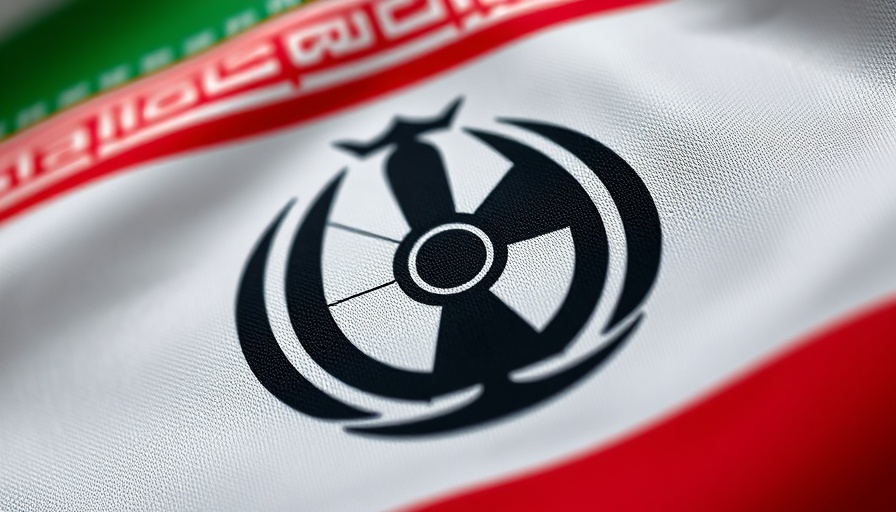
Europe’s Diplomatic Push for Nuclear Stability
In a surprising burst of unity, European foreign ministers actively called on Iran's foreign minister during a rare ministerial phone call this week. The dialogue aimed at pushing Iran back to the negotiating table regarding its controversial nuclear program comes amid mounting tensions. Iran's current focus, as articulated by its foreign minister, appears to prioritize confrontational positions towards Israel rather than returning to multinational discussions with the U.S. and its allies.
The Escalation of Tensions
The backdrop of this call is fraught with urgency, marked by Israel's preemptive military operations aimed at Iran's nuclear infrastructure. Dubbed 'Operation Rising Lion,' these attacks were launched just days ahead of expected talks aimed at salvaging the 2015 nuclear agreement. This agreement, originally designed to curb Iran's nuclear ambitions in exchange for sanctions relief, represented a fragile peace measure. Yet, despite Iran's assurances of peaceful intentions, doubts about its nuclear goals persist, further complicating diplomatic efforts.
Understanding the Global Implications
The tensions in the Middle East aren't just regional issues; they resonate worldwide, affecting global energy markets and security dynamics. The European Union's emphasis on diplomacy reflects a broader strategy to prevent an escalation into conflict, which could destabilize not only the Middle East but also the global economy. The role of diplomatic interventions becomes even more critical as nations navigate a landscape where access to energy and geopolitical power is at stake.
The Importance of a Unified European Front
The coalition of France, Germany, and Britain—collectively referred to as the E3—illustrates the strategic importance of a unified European stance. Recently, their proposal to the International Atomic Energy Agency (IAEA) underscores their commitment to multilateral dialogue as a deterrent to Iran's potential nuclear escalation. This coalition is vital for managing risks and fostering a global economic environment that favors investment, trade, and stability.
What This Means for Investors
Tension with Iran has direct implications for investors, particularly those involved in sectors sensitive to geopolitical risks. Stock market volatility often tracks news cycles related to international diplomacy. Crafting strategies to mitigate risks—through portfolio diversification or investment in alternative assets like precious metals—becomes crucial during such periods.
Strategizing Amidst Uncertainty
As investors react to these developments, understanding both the immediate and long-term ramifications of such geopolitical tensions is essential. Economic indicators may fluctuate based on the market's perception of escalating conflicts or diplomatic resolutions. Consequently, keeping an eye on local and global investment opportunities becomes paramount. Financial independence hinges not only on smart asset allocation but also on responding adeptly to shifts in the geopolitical landscape.
Final Thoughts: The Future of Diplomatic Efforts
The diplomatic engagements between European nations and Iran are far from resolved, but they present critical pathways towards averting catastrophic conflict. For investors, staying informed and agile is essential in an environment where developments in diplomacy can generate ripples across global markets. As negotiations continue, the ability to adapt to changing scenarios will be key to preserving investment capital and ensuring sustainable growth in uncertain times.
 Add Row
Add Row  Add
Add 



Write A Comment